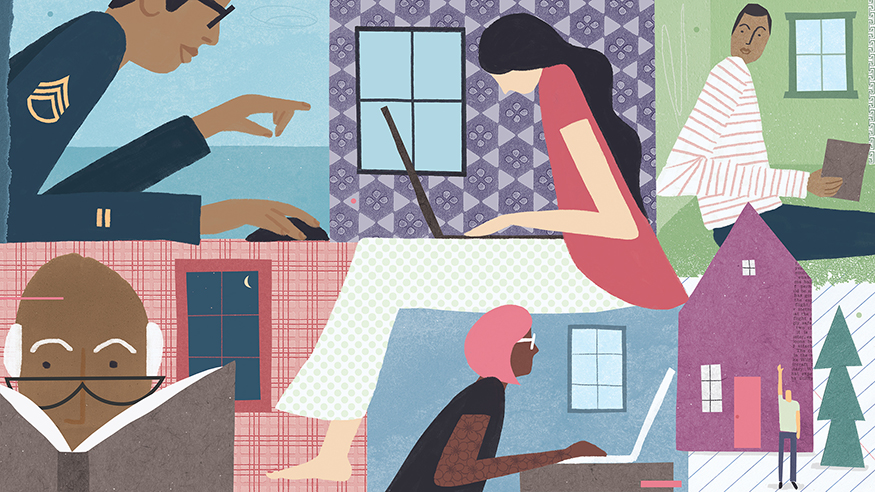
After Kristin Christensen started college, life got in the way. She had her first child and a full-time job, and finding time for school proved too difficult. Myra Kelly and Gerrod-Raul De Guzman also faced challenges that stalled their education. All three got a second chance through the University of Washington’s Integrated Social Sciences (ISS) program.
ISS is a fully online college-completion program for non-traditional students who have already earned at least 75 college credits. Launched in 2014, the program graduated its 500th student this year. Christensen, Kelly, and De Guzman were among the June 2022 graduates.
“We’ve got students of all ages, from 20-year-olds with brand new AA degrees all the way up to people in their 70s,” says Mel Wensel, ISS co-director with Meg Spratt, UW associate teaching professor of communication. “The students’ motivations for completing their degree range from feeling like they can’t advance in their career without a bachelor’s degree, to wanting to set a good example for their kids, to just having this nagging feeling of unfinished business. Some — including those in the military — live as far away as South Korea and Spain.”
A Broad Interdisciplinary Education
Despite being a relatively new program, and small compared to many others nationally, ISS was ranked #2 among online bachelor’s degree programs in the social sciences last year. About 200 to 300 students are actively enrolled in the program at any one time.

“What we have going for us is the emphasis on excellence,” says Wensel. “Students get a rigorous University of Washington education. They can trust the quality of a UW degree. They’re working with regular UW faculty rather than adjuncts who might be there one year and gone the next. All those things make a difference.”
Being part of a top research university, the ISS team prioritized incorporating research into the program. All ISS students take a course dedicated to research methods, and an ISS research librarian (shared with two other UW units) helps students navigate the research process throughout their time in the program.
“The library system can be daunting for any student, but when you’re talking about students who don’t have physical access to the library, it could be completely overwhelming,” says Wensel. “So having a librarian on board is fantastic.”
Embracing Multiple Perspectives
De Guzman knew none of that when he saw an ad for the ISS program. At the time, he was working full-time at a real estate company in Seattle and found that his lack of a degree was limiting job promotions.
“The ad said you can work while you finish your degree, and that really caught my eye,” De Guzman recalls. “I applied to ISS to finish my degree, but while being in the program, I realized it’s more than just a piece of paper. I’ve learned so much and grown so much.”
What we have going for us is the emphasis on excellence. Students get a rigorous University of Washington education.
ISS students take five core courses and choose from numerous elective courses — taught by UW social sciences faculty — on timely topics such as social justice, the environment, and international relations. The program is based in the Social Sciences Division of the College of Arts & Sciences.
“We’re training students to understand social phenomena and problems from multiple perspectives — to think about something the way a geographer would, or an economist, or a sociologist,” says Wensel. “Each of those disciplines has its own strengths and methods but also limitations. Our students are not going to develop tunnel vision.”
Adds Kelly, “I learned that everything is nuanced and connected when it comes to the social sciences. In discussions or papers, I would often find myself referencing things from other classes.”
Asynchronous and Flexible
Many students point to the flexibility of the ISS program as a deciding factor in enrolling. Courses are asynchronous, enabling students to “attend class” at their convenience.
For De Guzman, that meant he could continue working. For Kelly, it meant studying without discomfort. She found sitting for long periods painful due to a health condition, so the prospect of in-person classes had been daunting. “When I saw that ISS was 100 percent online, I thought, ‘This is really doable,’” Kelly says. “It was a perfect match.”
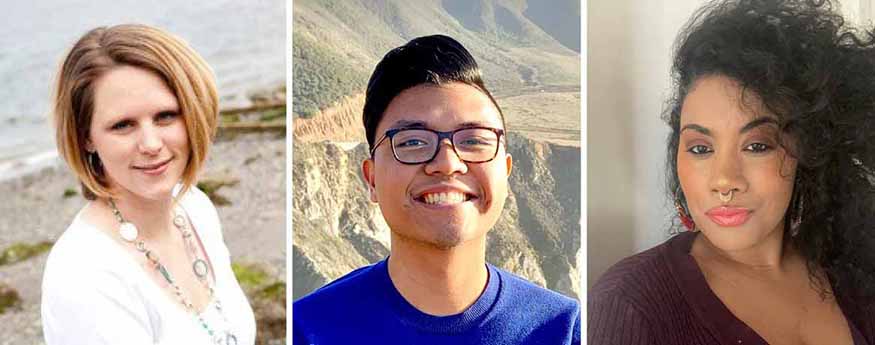
Despite the asynchronous class sessions, class discussions are part of the academic experience. Those happen on web-based discussion boards. The format may lack the immediacy of face-to-face conversations, but there are some benefits.
“I have a learning disability, so in in the past, it was kind of hard for me to participate in class discussions in person,” De Guzman says. “With the online discussion boards, I could carefully consider what I wanted to post and how I wanted to respond to other students’ posts. It gave me the extra time I needed.”
With their Degree, New Possibilities
Not all ISS students are as enthusiastic about discussion boards. Christensen prefers the immediacy of live discussions. But she found the flexibility of the ISS program more than made up for that. As a parent of three children and caregiver for her husband, a medically retired Navy veteran with serious health issues, “this program ticked every box for me,” she says. “It was fantastic.”
Christensen’s return to college came after a long hiatus. She had once imagined herself pursuing a law career but assumed her window of opportunity had closed. Then she heard about a practicing attorney who finished law school later in life. “Hearing that changed the trajectory of my life,” she says. “The next day I decided I needed to finish my bachelor’s degree so I could go to law school.”
This program ticked every box for me. It was fantastic.
Christensen completed her ISS BA this year, as well as an internship at a law firm. She also found time to serve as a Dole Foundation Fellow, advocating for caregivers of veterans to expand the resources available to them.
What’s next for these ISS graduates? Christensen will take a year off while applying to law school. De Guzman has moved into a new job as a real estate agent — an opportunity that had been out of reach before earning his BA. And Kelly will begin a master’s program in social work at the University of Washington in the fall.
Kelly credits the mentorship of ISS faculty and advisers with helping her reach this important milestone.
“I really believe they wanted me to succeed,” she says. “The advising team and professors helped me develop as a student. They weren’t doing the work for me, but they were saying, ‘You can do this. You actually can.’ And I realized they were right — and I did it.”
More Stories
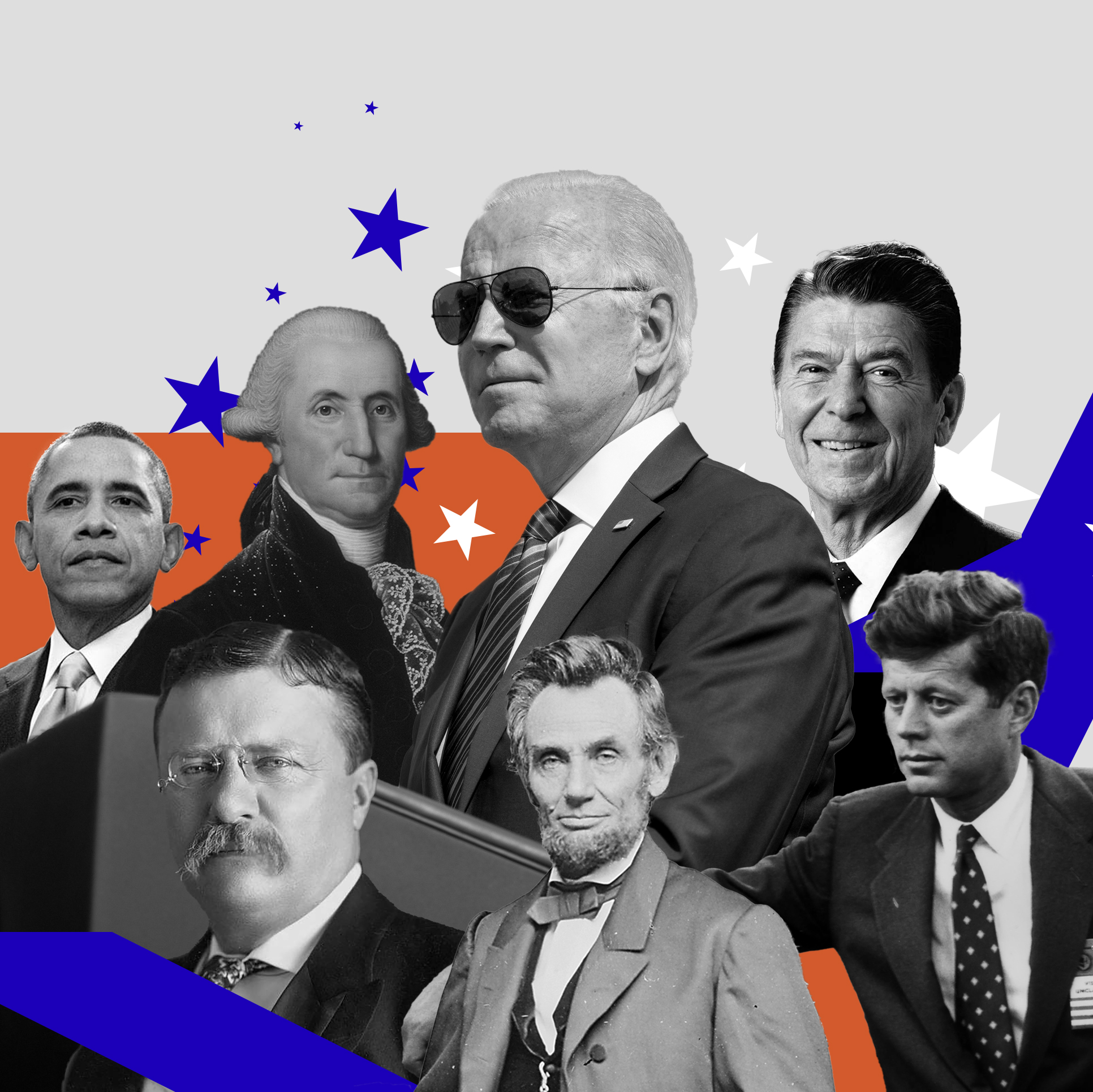
Is This Presidential Campaign Different?
UW History professor Margaret O'Mara provides historical context for this moment in US presidential politics.
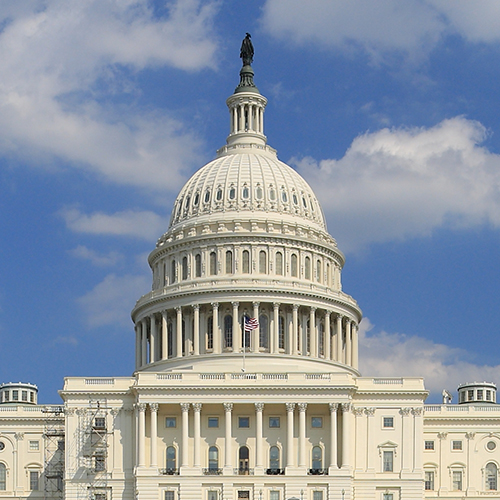
Making Sense of This Political Moment
To navigate this momentous election season, Arts & Sciences faculty suggest 10 books about the US political landscape.
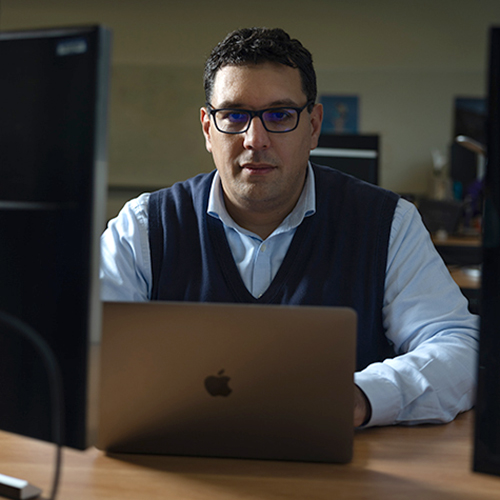
A Statistician Weighs in on AI
Statistics professor Zaid Harchaoui, working at the intersection of statistics and computing, explores what AI models do well, where they fall short, and why.
